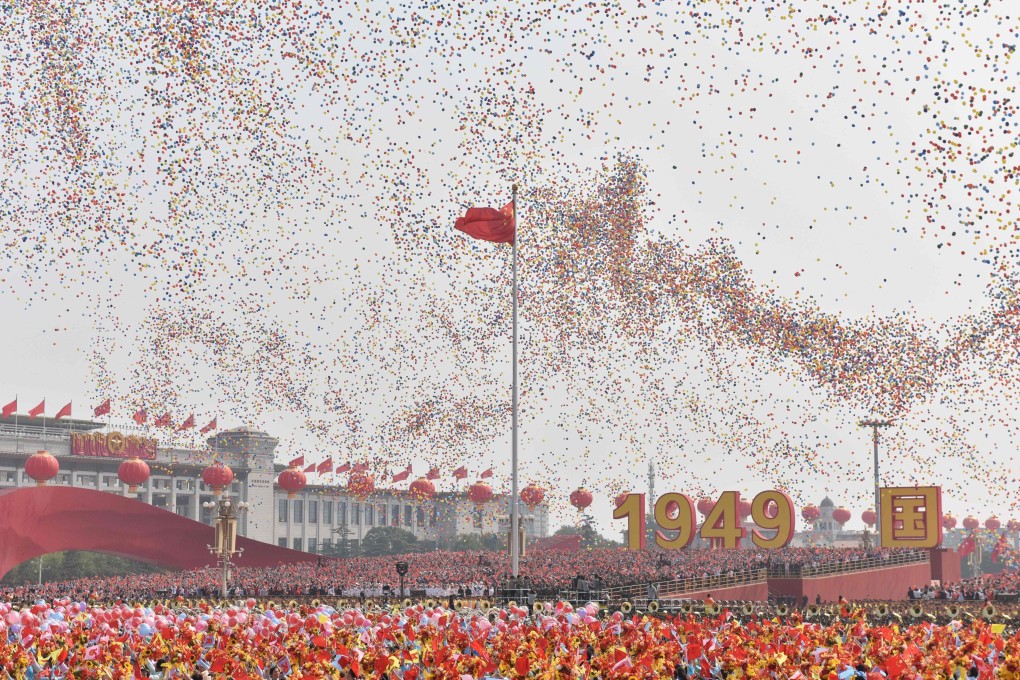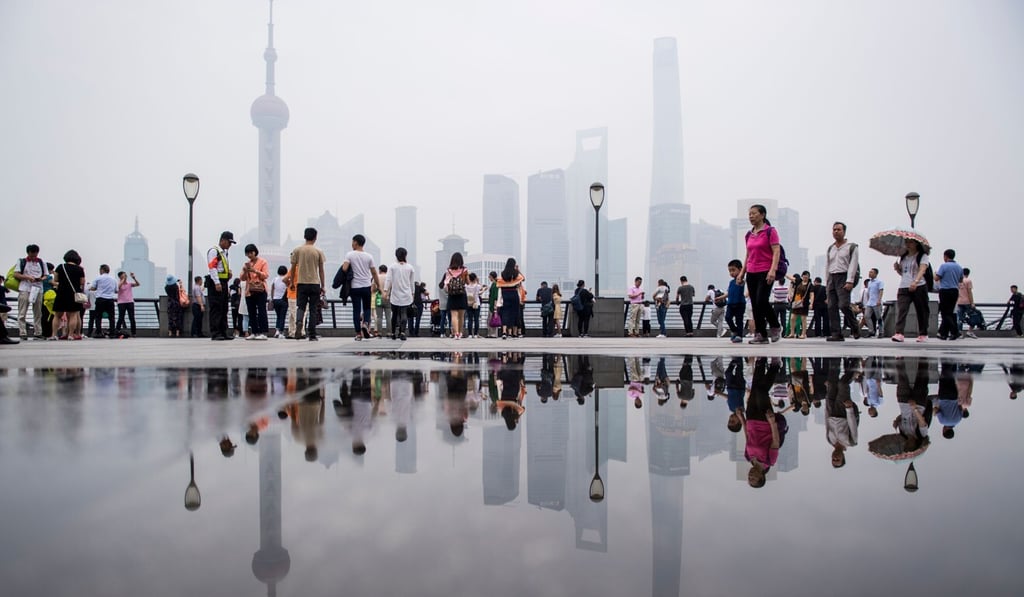China need not choose between an open economy and national security
- Developments in December reflect the tension between China’s moves towards allowing more foreign direct investment and concerns about national security
- If outside forces respect China’s sensitivities and cease unnecessary insults, the country could reform better

These developments are neither nationalistic nor protectionist, showing that China can ensure national security while maintaining an open economy. After all, its one-party political system is actualised more by a keen sense of its exceptional history than Leninist ideology.
The new national security rules on FDI seek to replace guanxi-based approval processes with a professional system. Guanxi, the system of personal connections, is to the modern economy what barter was to trade – both are inadequate.
Guanxi rules certainly harm China’s rise and its ability to lead, especially the developing world, to avoid an international rat race down the bottom. The lack of good legal and other professionals is a real obstacle to an open economy and against the country’s interests.

